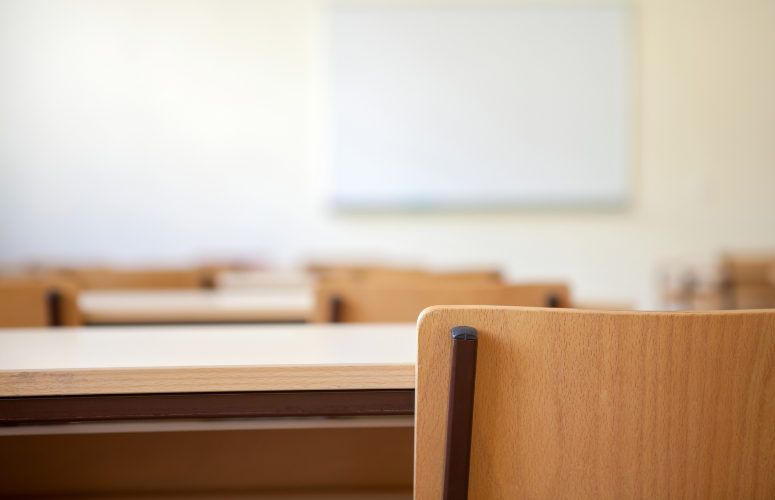
Stevens Institute of Technology Celebrates Grand Opening of Gateway Academic Center
Elected officials joined Stevens alumni, donors, staff, faculty, neighbors and trustees for a ribbon-cutting ceremony and the official opening of a world-class teaching and research facility
On Dec 16, 2019Hoboken-based Stevens Institute of Technology recently celebrated the opening of the Gateway Academic Center, a $68 million, 89,500 square-foot, state-of-the-art teaching and research facility that marks the completion of Stevens newest buildings.
The Gateway Academic Center is part of a broad campaign that began five years ago to modernize the university’s infrastructure into a 21st century campus for teaching, research, learning and living, representing the greatest period of transformation in Stevens 150-year history.
“Today, we have a showpiece, a modern state-of-the-art facility where faculty will draw inspiration and develop new innovations that will improve the human condition,” said Stevens President Nariman Farvardin. “Many generations of students will realize their potential here, and alumni will feel pride in the transformation of their alma mater as a technology powerhouse.”
More than 200 guests gathered at the Rosa and John H. Hovey ’57 Staircase and Lobby for the ribbon-cutting celebration and opening remarks, where President Farvardin and Chairman of the Board Stephen T. Boswell ’89 Ph.D.’91 Hon. D. Eng. ’13 expressed gratitude to the more than 20 donors who made the construction of the building possible and for the invaluable guidance from Hoboken elected officials and neighbors.
Breaking ground in 2017, the Gateway Academic Center is comprised of two buildings – South Hall and Gianforte Family Hall – connected by a glass skybridge. With 10 new smart classrooms, 13 labs and 45 faculty offices, the new four-story building will have an impact throughout the Stevens community. The new technology-enabled smart classrooms expand students’ opportunities to learn and provides professors with new possibilities to collaborate and conduct research. The classrooms are also equipped for active video conferencing for online learning and distance education.
These spaces will also be available for student organization meetings, conference rooms, reception halls and flex space for any number of activities on campus.
Among the building’s showcase spaces is the Mary Jane and Frank Semcer Sr. ’65 Center for Healthcare Innovation, which aims to address gaps and issues related to advancing biomedical technology and healthcare delivery, and also serves as a focal point for integration of external strategic partnerships. It is outfitted with a leading-edge 3D tissue culture lab, a dedicated room for DNA amplification, a cleaning room, a conference room/classroom and a large graduate student office, among several other features.
In addition, the Health & Artificial Intelligence Lab will explore how to improve human health using artificial intelligence methods, while the Prototype Object Fabrication, or ProOF Lab, will help students and faculty create parts, assemblies, mechatronic and IoT enabled systems, and programming for devices/robots.
The Gateway Academic Center also serves as the new home of the computer science department, which has hired eight new faculty in the past two years. Students and faculty will enjoy a computer science open collaboration space, a graduate student office, two computer science labs and the Cybersecurity Lab.
“This building is a game changer for us,” said Giuseppe Ateniese, computer science department chair and David and GG Farber Chair Professor. “One of our goals is to be on the map in artificial intelligence and machine learning research and this space, with its smart classrooms, collaboration areas and state-of-the-art labs, will help us thrive in this respect.”
To access more business news, visit NJB News Now.
Related Articles:





